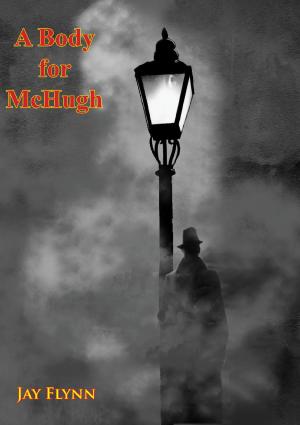Black Ship to Hell
Nonfiction, Health & Well Being, Psychology, Occupational & Industrial Psychology, Mental Health| Author: | Brigid Brophy | ISBN: | 9781787205512 |
| Publisher: | Muriwai Books | Publication: | June 28, 2017 |
| Imprint: | Muriwai Books | Language: | English |
| Author: | Brigid Brophy |
| ISBN: | 9781787205512 |
| Publisher: | Muriwai Books |
| Publication: | June 28, 2017 |
| Imprint: | Muriwai Books |
| Language: | English |
Is modern man threatening to destroy his world? First published in 1962, this book, which analyzes the origins, history, and manifestations of the destructive impulse that exists in human beings, has relevance and interest for all of us. The author sees this impulse as primarily one of self-destruction deflected outward, and her brilliant exploration of its multiple effects takes her and the reader into regions of complex fascination.
In ranging the fields of art, science, and morality for evidence to support her contentions, Miss Brophy not only reveals herself as a writer of immense cultivation and power, but also as a provocative thinker. Her basic conclusion—that the philosopher, the teacher, the psychologist, and the artist, among others, in order to be productive or even operative, must acknowledge and allow for the instinctual sources of behavior, which Freud so daringly illuminated and documented—is expressed in lively, passionate prose.
This is a highly controversial book that will undoubtedly rouse storms of argument, for the issues, like the outcome, are of the deepest concern to us all. Miss Brophy’s opponents, if they are to make themselves heard, must at least match her in intellectual caliber and cultural equipment.
Is modern man threatening to destroy his world? First published in 1962, this book, which analyzes the origins, history, and manifestations of the destructive impulse that exists in human beings, has relevance and interest for all of us. The author sees this impulse as primarily one of self-destruction deflected outward, and her brilliant exploration of its multiple effects takes her and the reader into regions of complex fascination.
In ranging the fields of art, science, and morality for evidence to support her contentions, Miss Brophy not only reveals herself as a writer of immense cultivation and power, but also as a provocative thinker. Her basic conclusion—that the philosopher, the teacher, the psychologist, and the artist, among others, in order to be productive or even operative, must acknowledge and allow for the instinctual sources of behavior, which Freud so daringly illuminated and documented—is expressed in lively, passionate prose.
This is a highly controversial book that will undoubtedly rouse storms of argument, for the issues, like the outcome, are of the deepest concern to us all. Miss Brophy’s opponents, if they are to make themselves heard, must at least match her in intellectual caliber and cultural equipment.















